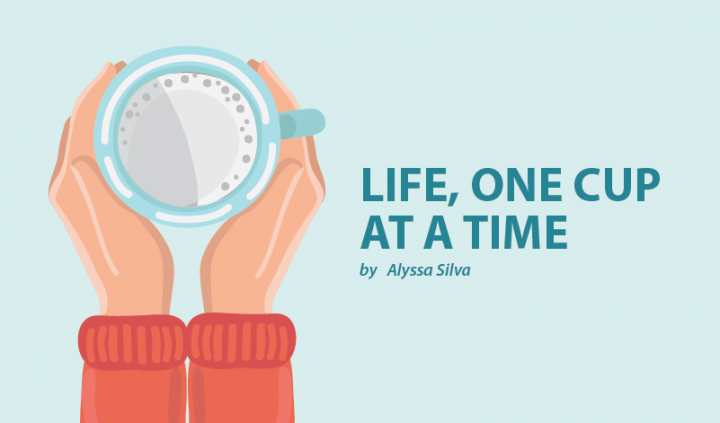When Times Are Tough, at the Very Least, Say Something
Written by |

For a good chunk of last year, I dreaded when people asked how I was doing. To an extent, I understood their logic. They were genuinely curious about my well-being, and showing their concern showed that they cared. But the truth was that I wasn’t doing all that well. I was going through a lot of health complications and some “medical mysteries,” as I often referred to them, and it was beginning to affect my emotional well-being.
Having to rehash all the uncertainties and fears that were swirling around my mind every time someone spoke of my health wore on me. I never showed my frustration, but simply avoided the situation altogether. I hid in my room when people were over. I took hours to answer the “How are you?” texts only to respond with textbook answers like, “I’m good thanks, you?” Worst of all, I started unintentionally pushing away the people who loved me most because I was so emotionally drained from delivering bad news that I chose to just close myself off.
Around the same time, a new friend came into my life. She had packed her bags down south and accepted a job up in the northeast, and the short version of our story is that we connected through her new boss who happened to be a dear friend of mine. In the first few weeks of meeting and building the foundation of our friendship, my health started to deteriorate. Weekly trips to doctors appointments and the hospital were beginning to soak up the majority of my free time, which in turn, caused me to resist the friendship.
I had created this (false) notion in my mind that if I openly and vulnerably shared the realities of SMA and what I was going through, she’d run. I thought she’d run so far and so fast because, truthfully, it’s what I felt like doing. If I could barely stay afloat during one of the most challenging periods of my life, why would some random girl who barely knew me, didn’t have half of the problems I experience, and had no reason to stick around ever want to stay?
But instead, she grew closer. She grew closer when she refused to accept my resistance. She grew closer when she followed every “how are you” text with a stern, but meaningful, “now tell me how you’re really feeling” text. She grew closer when she decided that no matter how hard I tried to protect her from my reality, she was going to dig her feet deeper into the ground and stay. And without even trying to, her friendship during that time taught me something valuable.
At the very least, say something.
For so long I built a wall around me because I wanted to protect others from the truth. I wanted to sugarcoat my circumstances when people reached out to say something because I thought everyone would be much better off.
While I spent so much time feeding into these lies I told myself, my friend had other plans for me. Through her daily check-ins and decision to stay, she taught me the importance of being there for someone and how even the simplest gestures or words can go such a long way.
The next time you see someone in the SMA community going through a difficult time, I hope you say something. Even when you’re at a loss for words, let them know you don’t know what to say. Because by reaching out, you are letting them know they are not alone in the fight. You are letting them know you’re a member of their army, and together, you’ll win the battle.
***
Note: SMA News Today is strictly a news and information website about the disease. It does not provide medical advice, diagnosis, or treatment. This content is not intended to be a substitute for professional medical advice, diagnosis, or treatment. Always seek the advice of your physician or other qualified health provider with any questions you may have regarding a medical condition. Never disregard professional medical advice or delay in seeking it because of something you have read on this website. The opinions expressed in this column are not those of SMA News Today, or its parent company, Bionews Services, and are intended to spark discussion about issues pertaining to spinal muscular atrophy.








Leave a comment
Fill in the required fields to post. Your email address will not be published.